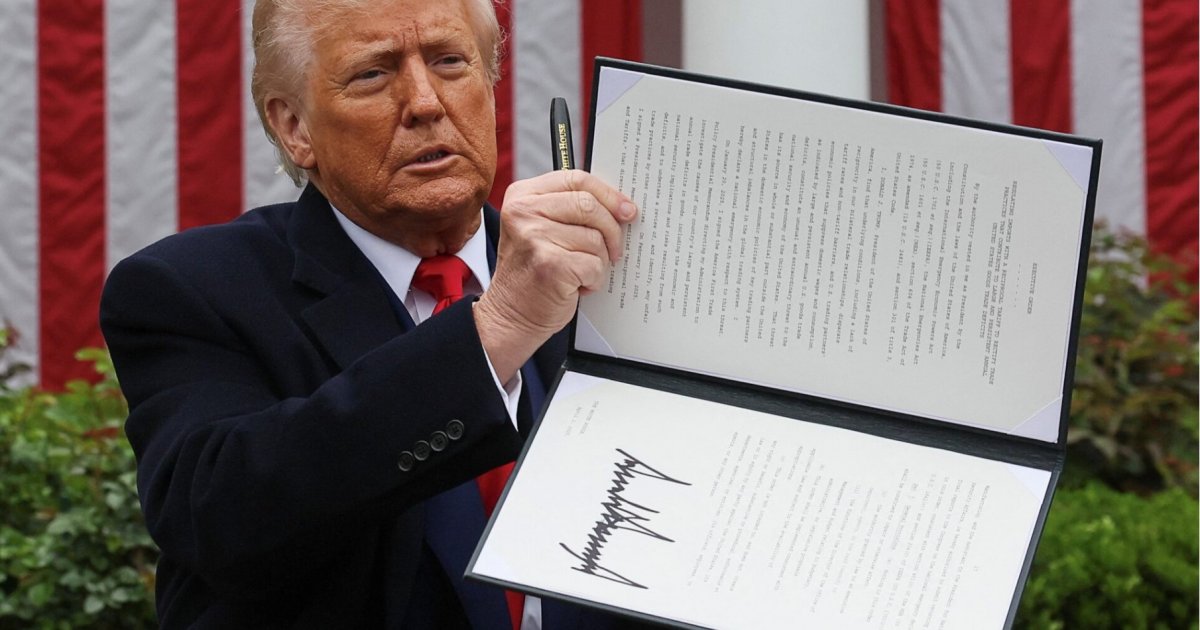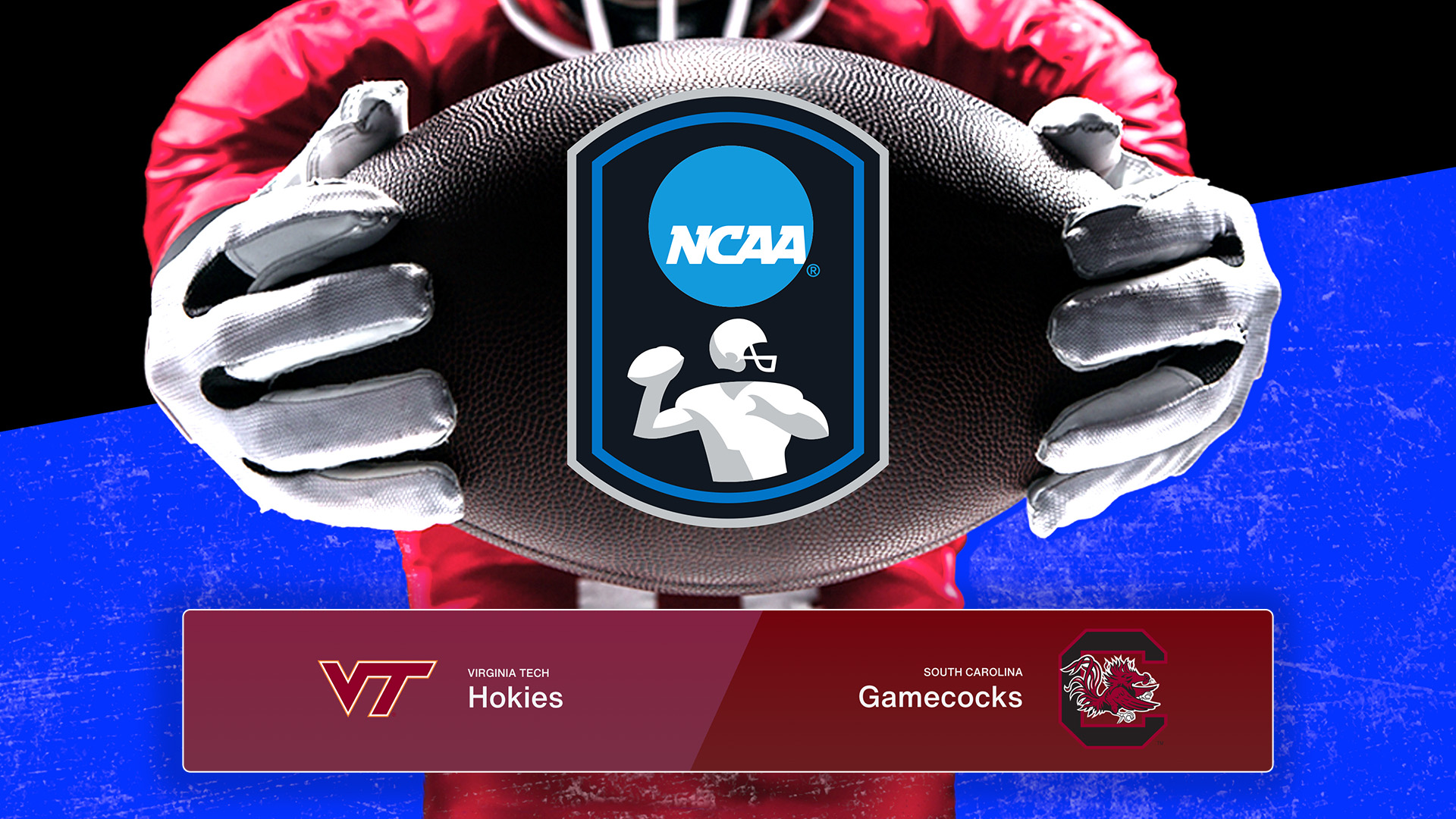The $12,000 vs $300,000 Bitcoin — why where you mine matters more than ever
The post The $12,000 vs $300,000 Bitcoin — why where you mine matters more than ever appeared on BitcoinEthereumNews.com. Does the Bitcoin halving hit all miners equally? As power costs diverge globally, can high-cost countries stay in the game? And what happens if mining concentrates too far in too few hands? One coin, many realities A Bitcoin (BTC) is always worth the same on paper. Whether it is mined in Nigeria or Norway, it holds the same market value. But the cost, effort, and practicality of mining that coin vary dramatically depending on location. According to data compiled by NFT Evening, the cost to mine one Bitcoin now ranges from just above $8,000 in Ethiopia to more than $320,000 in Ireland — a nearly fortyfold difference. The code remains constant, but the realities of energy policy, currency stability, infrastructure, and local grids create sharp economic divergence. Ethiopia stands out as the lowest-cost country in the dataset, with an average mining cost of around $8,200. There is little public narrative around mining from the region, yet its pricing makes it one of the most viable locations globally. Ireland represents the opposite end. At over $321,000 per Bitcoin, the cost makes mining economically unfeasible unless supported by external subsidies or repurposed for energy experimentation. Other European nations, including Italy, Germany, and the Netherlands, fall into the same high-cost category, shaped by expensive power rates and dense regulatory environments. Even countries that actively promote Bitcoin are not exempt from these pressures. El Salvador, despite its national-level support and adoption efforts, has an average mining cost above $150,000. Its position sits closer to high-cost jurisdictions than to resource-advantaged nations. What emerges is a new kind of digital inequality. It does not stem from the protocol itself. It comes from everything that surrounds it — the energy markets, the politics, and the cost of access. Let’s explore this further. The halving did not hurt…

The post The $12,000 vs $300,000 Bitcoin — why where you mine matters more than ever appeared on BitcoinEthereumNews.com.
Does the Bitcoin halving hit all miners equally? As power costs diverge globally, can high-cost countries stay in the game? And what happens if mining concentrates too far in too few hands? One coin, many realities A Bitcoin (BTC) is always worth the same on paper. Whether it is mined in Nigeria or Norway, it holds the same market value. But the cost, effort, and practicality of mining that coin vary dramatically depending on location. According to data compiled by NFT Evening, the cost to mine one Bitcoin now ranges from just above $8,000 in Ethiopia to more than $320,000 in Ireland — a nearly fortyfold difference. The code remains constant, but the realities of energy policy, currency stability, infrastructure, and local grids create sharp economic divergence. Ethiopia stands out as the lowest-cost country in the dataset, with an average mining cost of around $8,200. There is little public narrative around mining from the region, yet its pricing makes it one of the most viable locations globally. Ireland represents the opposite end. At over $321,000 per Bitcoin, the cost makes mining economically unfeasible unless supported by external subsidies or repurposed for energy experimentation. Other European nations, including Italy, Germany, and the Netherlands, fall into the same high-cost category, shaped by expensive power rates and dense regulatory environments. Even countries that actively promote Bitcoin are not exempt from these pressures. El Salvador, despite its national-level support and adoption efforts, has an average mining cost above $150,000. Its position sits closer to high-cost jurisdictions than to resource-advantaged nations. What emerges is a new kind of digital inequality. It does not stem from the protocol itself. It comes from everything that surrounds it — the energy markets, the politics, and the cost of access. Let’s explore this further. The halving did not hurt…
What's Your Reaction?









































